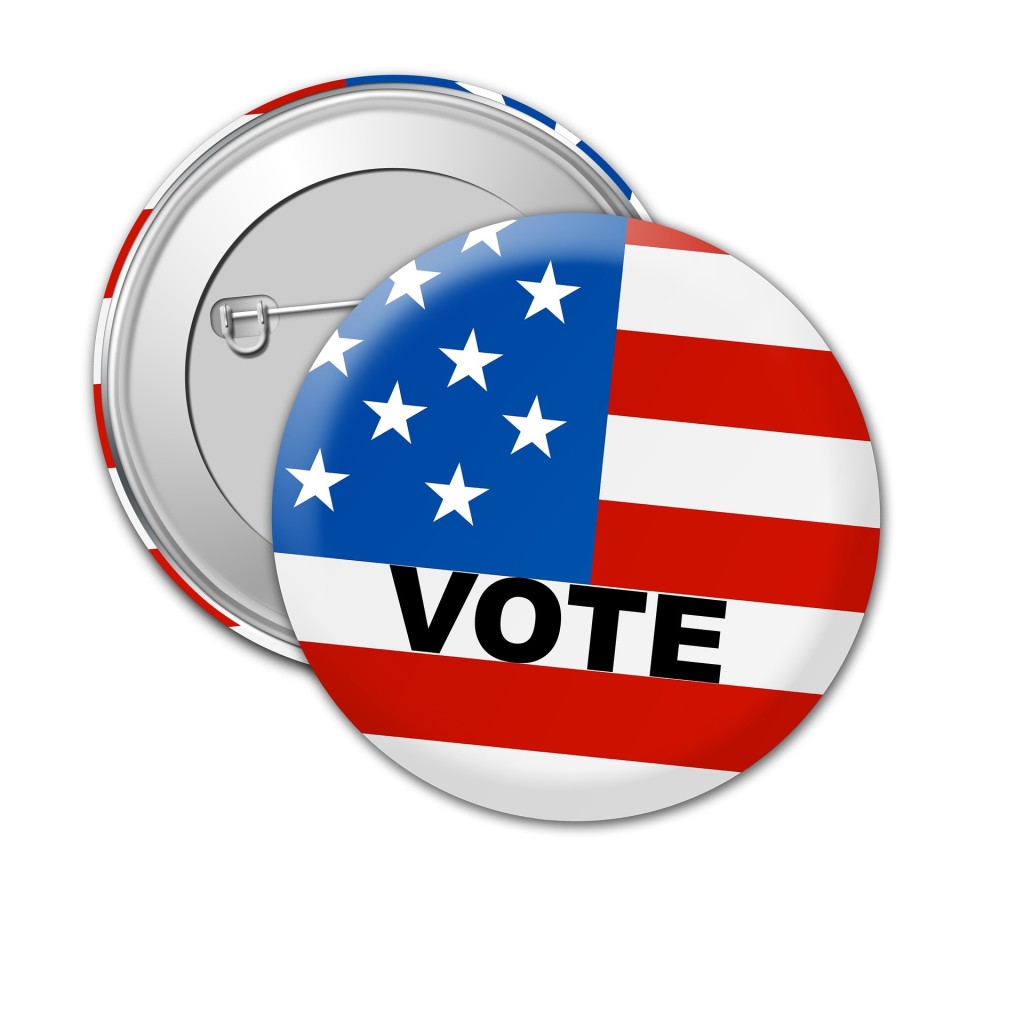7 Tips for discussing politics with older kids and teens
In last month’s post, I wrote about the importance of talking with younger children about politics – minus the anger that characterizes so much of the political conversation today. While younger children aren’t likely to get involved in heated political discussions, they’re watching to see how the adults in their life behave. When children and teens witness bad behavior in adults, it can lead to higher levels of anxiety. That’s why parents and other adults should be careful to model acceptable behavior.
By the time your kids reach the teen years, however, they may start to engage in some of these conversations on their own, particularly if they’re on social media. Even if they’re not, there’s a good chance they will be addressing these topics with their peers. Learning how to conduct these conversations in a civil manner could have a long-term positive impact on their mental health. Let’s take a closer look at what you can do to help.
Listen first. As I mentioned in my previous post, it’s important to listen to what your children are saying – before you start sharing your own thoughts. This is the best way to find out what they already know as well as any opinions they’ve formed. Then you have a starting point for the conversation. This is also important for identifying any fears or worries, which creates an opportunity to talk about how they’re feeling and where they’re getting information.
Focus on the issues. While it’s true that teens are capable of more complex discussions, it may still be helpful to keep things simple. This is best accomplished by focusing on issues they can relate to, such as a local bond levy to pay for a new library or school. If other issues are being debated in your community – or if you see campaign signs along the road or in your neighborhood – take a few minutes to discuss the pros and cons of these issues with your teen.
Emphasize the importance of respecting others. If you start talking about respect during the elementary years, it will be easier to build upon as your child grows and matures. Today, kids are growing up in a highly contentious political climate, and they witness the vitriol on a daily basis. Talk about what it means to maintain respect for people who don’t share your opinions, and help them learn how to avoid unhealthy conflicts. Name-calling, bullying, and any type of threatening behavior are not acceptable and, frankly, do nothing to help the common good.
Watch debates together. When children are younger, taking them to the voting booth is a good way to introduce them to politics. As they get older, you may want to engage in other activities that are part of the political landscape, such as debates. Talk about the questions and the responses, and show your child how to fact-check what the candidates are saying by visiting a nonpartisan site like FactCheck.org or Politifact.com.
Talk about reliable news sources. In the last few years, it has become increasingly difficult to identify reliable news sources, although it’s possible to do with a little know-how. Explain to your child that a reliable news source uses trained reporters who name their sources, as well as editors and fact-checkers who verify the information.
Discuss the role of social media. Since most teens get their news on social media, it’s important to help them distinguish what’s reliable and authentic – and what’s not. While this may not be the way you get your news, you should not put it down. Instead, help your teen learn how to navigate the platforms and decode the information that’s being shared. Keep in mind that Twitter has emerged as the premier platform for today’s politicians. As a parent, you need to determine if this platform is appropriate for your child.
Be a positive role model. If you are visibly angry or upset when talking about politics, your teen will witness that behavior and it may create a high level of anxiety. He or she is also watching to see how you respond to others when you disagree or when the candidate you voted for doesn’t win an election. Instead of lashing out or conveying a sense of hopelessness, look for positive ways to take action. Or, spend some time trying to understand the other point of view.
David Lowenstein, Ph.D. is a psychologist and the clinical director of Lowenstein & Associates, Inc. in Columbus, Ohio. In addition to providing therapeutic services to individuals and families, he offers training and consultation to numerous associations, schools and agencies around the country. Additionally, he is a frequent radio and TV guest and a resource and contributing writer for numerous newspapers and magazines nationwide. Contact Dr. David Lowenstein at 691 South Fifth Street, Columbus, Ohio, 43206, or call 614.443.6155 or 614.444.0432.


